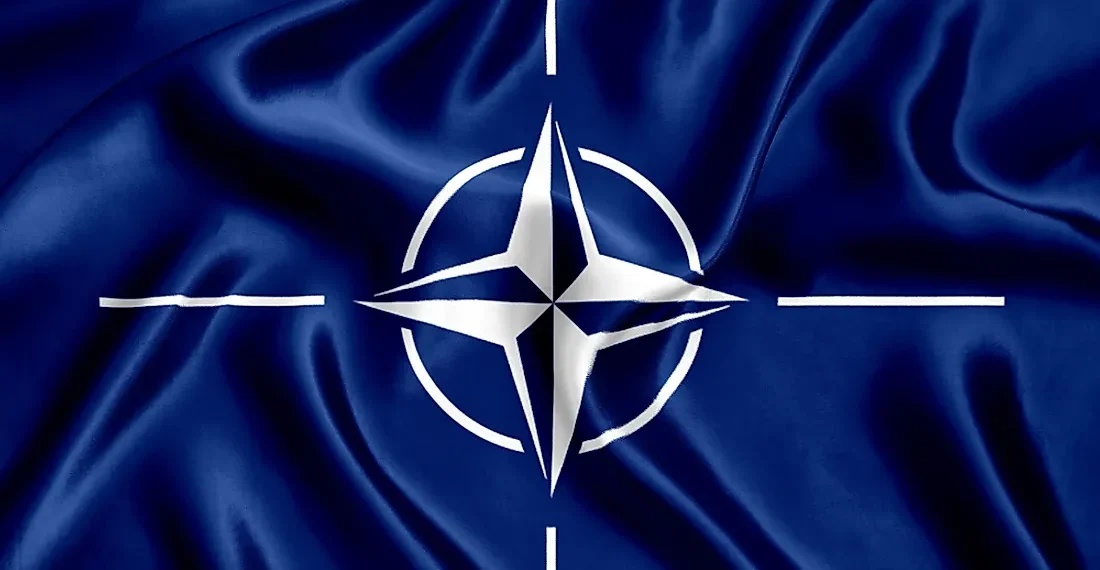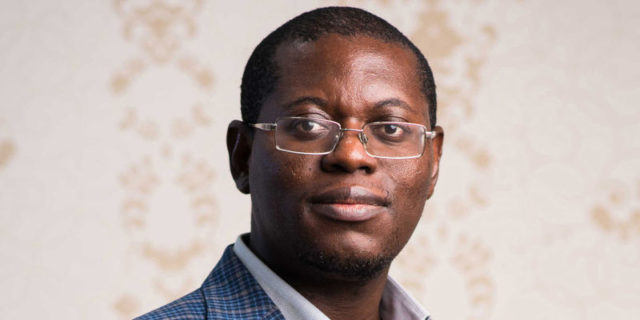Currently, concerns about U.S President, Joe Biden’s age and capacity for leadership have seemingly elevated Donald Trump’s prospects of winning the November election to new heights.
Interestingly, the potential return of Trump to the White House casts a long shadow not just over the United States but also over NATO, the cornerstone of international security.
With the upcoming elections and escalating conflict; from Russia’s aggressive posture to the ongoing crisis in Gaza, an expert’s insights reveal not only the rising global tensions and shifting power dynamics but also the pressing responsibilities that lie ahead for both Europe and the United States.
Speaking with the Vaultz news, Catherine Gegout, an Associate Professor in International Relations at the University of Nottingham, expressed concern that NATO’s future could be jeopardized if Trump wins the U.S. presidency.

She highlighted a broader potential danger; increased instability in Europe due to Russia’s military posture and the spread of misinformation, as well as economic instability, escalating conflict in Gaza, and growing environmental threats.
Gegout noted that while the long-awaited delivery of F-16s to Ukraine is a positive development, much more support is needed.
She stated that Europe has now allocated over $100 bn in aid to Ukraine, and the US $74 bn.
However, she cautioned that the upcoming U.S. presidential election could significantly alter the situation for Ukraine and, more broadly, for Europe and the world.
Also, she emphasized that countries could increase their contributions to Ukraine.
“The allocation of development aid is a political choice,” Gegout said, adding, “The UK for instance gave 0.7 per cent of its GDP for development in 2020, but it only gives 0.5 per cent in 2024.”
“Development aid is not a big expense in the budget of developed states, so they could decide to give more to Ukraine,” she stated.
Regarding NATO members’ commitment to spend 2% of their GDP on defense, Gegout remarked that prior to Russia’s invasion of Ukraine, EU and NATO states were reluctant to raise their defense budgets, as leaders preferred allocating budget to other public policies.
“However European states are now indirectly threatened by Russia, and all EU and NATO states have a duty to support any EU or NATO states that is attacked militarily. So even if NATO becomes obsolete due to Trump, EU states still must support one another.”
Catherine Gegout
The increase in defense spending, she noted, does not only benefit weapon manufacturers; weapons have real-world consequences.
“Weapons kill people, and they can change the military strategy and impact of states,” she noted.
Furthermore, Gegout casted doubt on Ukraine’s NATO membership, noting that until at least the withdrawal of Russia and the end of the war, it’s unlikely Ukraine will gain entry.
“32 member states must agree for any new member to join NATO, and the invasion by Russia of Ukraine means that some of the leaders in these states do not want to add another actor in the conflict.
“If Ukraine fills in the political and economic conditions for joining the EU, it is likely it will do so.”
Catherine Gegout
U.S Takes Back Seat In Gaza War
While NATO members identified Russia and China as threats to Western values, the ongoing war in Gaza was largely overlooked at the recent summit in Washington D.C.
When asked about this, Gegout answered that the U.S. has taken a back seat in the current Israel-Gaza war.
“The EU has called for a cease-fire, but this is insufficient,” Gegout said.
“The US and the EU could work on limiting arms sales, and they could work more with international institutions such as the ICJ and the ICC,” she suggested.
Giving further elaboration on U.S taking a back seat, Gegout stated that the US used to be an active peace mediator in the Israel-Palestine conflict.
“Now U.S leaders are unable to control Israel. It has not vetoed the Israeli intervention in Rafah, but it does want a ceasefire, and Israel is not engaging to reach a ceasefire,” she noted.
This, according to the Professor, is a surprising policy for the US, as US citizens are becoming increasingly critical of Israel.
She pointed out that the data for people aged 18 to 29 in the US is particularly damaging for Israel in the long term.
“Almost half of young American people think Israel’s reaction to the October Hamas attack is unacceptable,” she added.
READ ALSO: Media Engagement by Political Leaders Inspire Issues-Based Politics




















